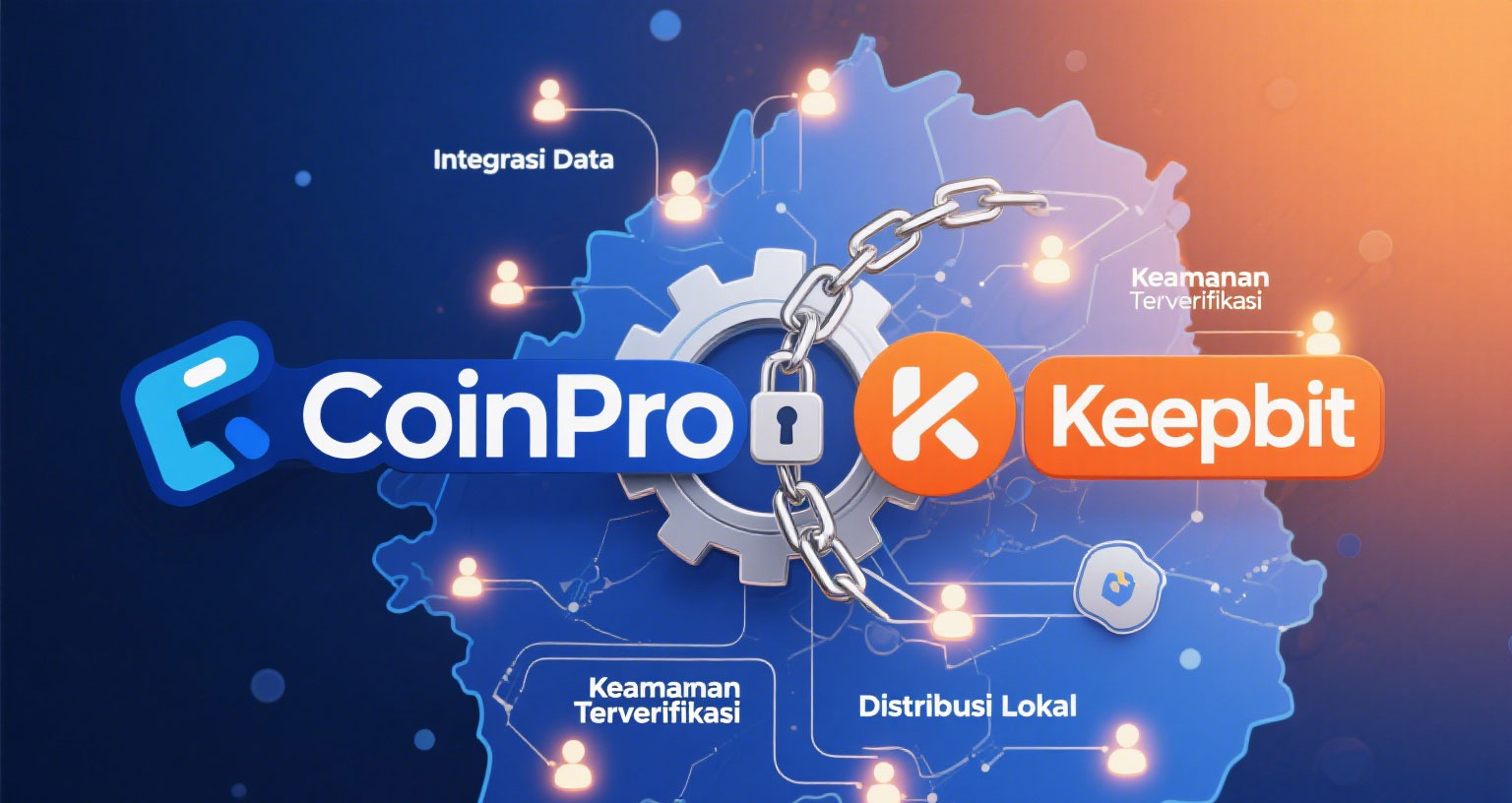How to Monetize Podcasts: Earn Income with Proven Strategies

Monetizing podcasts has become a cornerstone of digital content creation, offering creators a unique avenue to generate income while building an audience. With the proliferation of platforms like Spotify, Apple Podcasts, and YouTube, the potential for revenue streams has expanded beyond traditional models. Success in this domain hinges on a blend of strategic foresight, audience engagement, and adaptability to market trends. Whether you're a seasoned podcaster or a novice entering the space, understanding how to effectively monetize your content requires more than just producing quality material—it demands a calculated approach to maximizing value and minimizing risks. The key lies in aligning your monetization strategies with your audience’s needs, leveraging technological innovations, and maintaining a long-term vision for growth. By dissecting proven methods and their practical applications, you can transform your podcast from a passion project into a profitable endeavor.
One of the most straightforward ways to generate income is through advertising and sponsorship. As podcast audiences grow, brands recognize their value and seek partnerships. However, the effectiveness of this revenue model depends on your audience’s demographics, engagement levels, and the content’s niche. For instance, a podcast focused on tech innovation may attract sponsors from the software or hardware industries, while a wellness-focused show could appeal to health and fitness brands. The challenge is to strike a balance between maintaining content integrity and integrating advertisements seamlessly. Heavy-handed ad placements can alienate listeners, but a well-timed sponsorship can enhance the value proposition. Creators should also consider the ad-readers' demographic, such as age, location, and interests, to ensure that the message aligns with the audience’s expectations. A granular approach to tracking performance, like analyzing click-through rates (CTRs) or listener retention, can refine the ad strategy over time. Additionally, negotiating rates based on episode downloads, listener engagement metrics, or audience demographic data allows for more lucrative deals.
Another lucrative approach is building a subscription model, particularly through platforms like Patreon or Anchor. This method provides creators with a steady income stream by enabling fans to support their work financially. The success of this model relies on cultivating a loyal following, offering tiered benefits, and ensuring transparency. For example, higher-tier subscribers might gain exclusive content, early access to episodes, or personalized interactions. It is crucial to understand the psychological drivers of your audience—what motivates them to pay? Is it the exclusivity of content, the value of community, or the promise of unique experiences? Creators who articulate the benefits clearly and provide regular updates on how funds are used tend to see higher retention rates and more consistent contributions. Integrating a subscription model with other monetization methods can further stabilize income, reducing reliance on unpredictable ad revenue or sponsorship deals.

Content diversification is another pivotal strategy, particularly in an era where audiences crave value beyond mere entertainment. High-quality podcasts often serve as platforms for affiliate marketing, where creators promote products or services aligned with the show’s niche. However, this requires a careful calibration to avoid compromising trust. For instance, a podcast focused on personal finance might recommend books, courses, or investment platforms, while a fitness podcast could feature workout gear or supplement brands. The critical component is ensuring that the recommendations are authentic, providing genuine value to listeners rather than shilling for products. A strategy of continuous learning, such as staying updated on industry trends or hosting deep-dive episodes on relevant topics, can enhance credibility and drive more organic conversions. Creators should also track affiliate marketing performance, using tools to analyze which products perform best and adjusting their focus accordingly.
Monetization through merchandising and branded products is another avenue, particularly for niche audiences. A podcast’s unique identity can be leveraged to create merchandise that resonates with its community, such as apparel, accessories, or branded digital downloads. The challenge is to balance creativity with profitability. For example, custom T-shirts or mugs with podcast-specific slogans can appeal to fans, but the production costs and distribution logistics must be carefully managed. Creators should consider the cultural fit of their merchandise—if it aligns with the podcast’s themes and resonates with the audience’s preferences, it is more likely to succeed. Additionally, integrating merch sales into the content itself, such as featuring products in episodes or creating downloadable guides, can drive more targeted purchases. It is also advisable to explore partnerships with brands that share your values, ensuring that the merchandise is both authentic and beneficial to the audience.
Platforms and tools play a critical role in monetizing podcasts, and leveraging them strategically can maximize efficiency. For instance, using analytics tools to track episode performance, listener demographics, and engagement metrics allows creators to make data-driven decisions. A platform like Chartable or Podtrac can provide insights into when to integrate ads, which topics attract the most attention, and how to optimize content for different devices and platforms. Additionally, utilizing automated transcription services, such as Otter.ai or Descript, can enhance accessibility and open up opportunities for monetization through transcription services or subtitling. Creators should also explore the integration of podcasts with other forms of content, such as YouTube videos or social media campaigns, to cross-promote and attract a broader audience. However, it is essential to maintain consistency across platforms, ensuring that the message remains cohesive and the brand identity is preserved.
Long-term value creation is perhaps the most overlooked yet critical component of podcast monetization. Beyond immediate revenue streams, successful creators focus on building sustainable value through community engagement, brand partnerships, and content quality. For example, a podcast that hosts regular live events or community challenges can strengthen listener loyalty and open up opportunities for exclusive sponsorships. Additionally, maintaining a consistent release schedule, ensuring high-quality production, and fostering a sense of belonging among listeners can create a loyal following that is more likely to support the podcast financially. Creators should also consider the broader implications of their content, such as building expertise in their niche, and use this as a foundation for monetization through speaking engagements, consulting, or collaborative projects.
Finally, mitigating risks and ensuring financial stability is an integral part of podcast monetization. Over-reliance on a single revenue stream, such as advertising or sponsorship, can expose creators to market volatility. Diversifying revenue sources, such as combining subscriptions, affiliate marketing, and branded products, can create a more resilient income structure. Moreover, understanding the terms of sponsorship agreements, verifying the credibility of potential partners, and ensuring that the podcast’s values align with the brand’s mission can prevent ethical dilemmas and legal issues. Creators should also be mindful of the competition, continuously refining their content and strategies to stay ahead. In an industry driven by audience engagement and brand alignment, the ability to adapt and innovate is key to long-term success.















